The German evolutionary biologist, anthroposophist and Goetheanist Wolfgang Schad (1935-2022) was one of my most significant teachers, and probably for many...
Surrounded by his family, Pierre Della Negra peacefully departed his earthly life on October 4, 2022. This important figure of...
The image of Joseph A. Ratzinger still wavers, distorted by the hatred and favour of opposing parties. Two hundred thousand had come to say goodbye to the deceased. Banners at the funeral service demanded ‹Santo subito,› immediate canonization, obituaries spoke of a ‹mishap› pope who was accused of rhetorical provocation...
The French philosopher and ecologist Bruno Latour died on October 9th. His work and thinking made a decisive contribution to...
He wrote that his reading was «the light of heaven,» «the deepest book there is.» Christian Bobin did not die....
The book ‹Bridge Over the River› is well known in Anthroposophical circles. It contains the communications of the late Sigwart of Eulenburg from the afterlife. It’s less well known that he was indeed an important composer during his lifetime. Johannes Greiner, a co-worker in the Section for the Performing Arts,...
Marginalia on Rudolf Steiner’s Life and Work No. 22 – The Sister had the works of her famous brother read...
«We are all players aboard the ship Earth, and we must not allow it to be destroyed. There will be...
In India, ‹Dhanyawaad› is the word closest to the German word ‹Danke›. It means ‹I feel deep gratitude›. Accordingly, it is rarely used. In India, I feel that it’s a matter of course to do things for each other without having to explicitly say thank you. It is facial expressions...
In Arabic, ‹shukran› stands for the German word ‹danke›. However, ‹shukran› is not sufficient to express every form of gratitude...
When asked to comment on the word ‹thank you› in my native language, Russian, I was quickly torn between two...

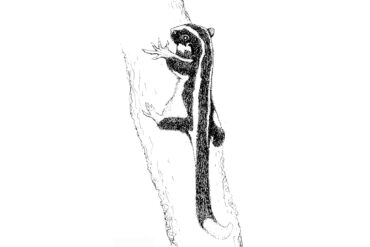
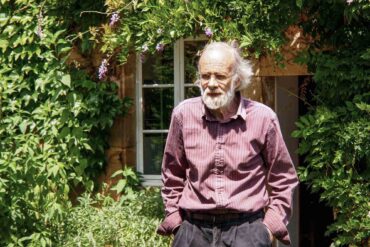



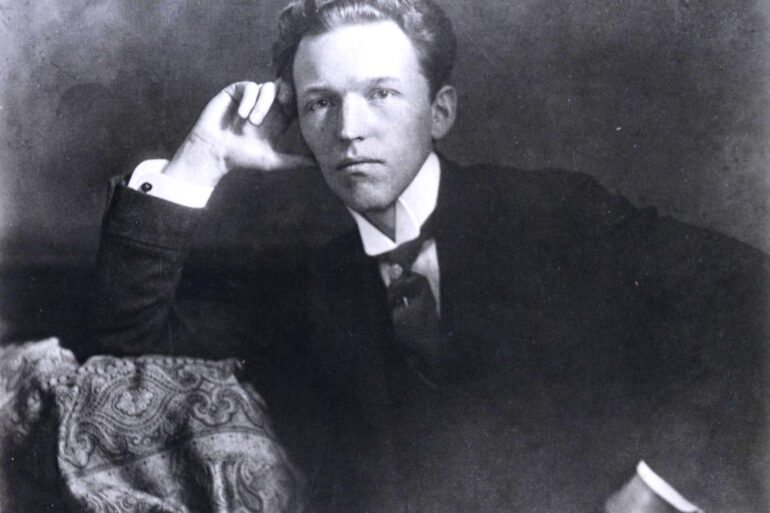


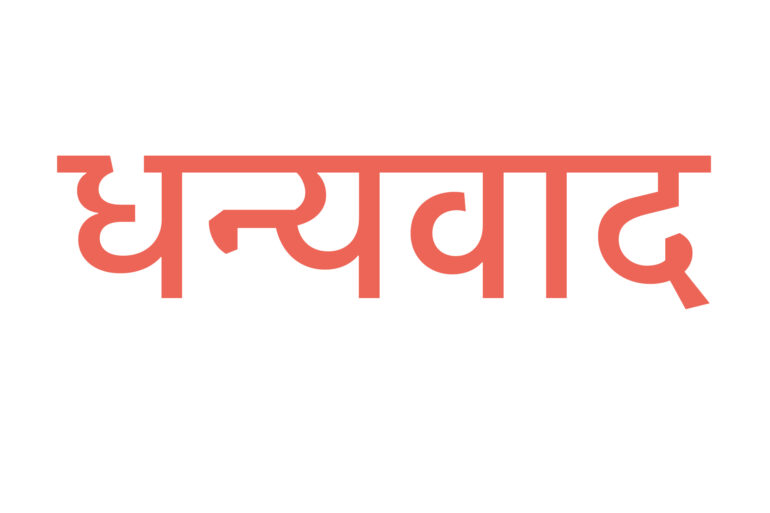
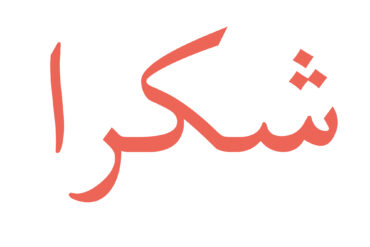
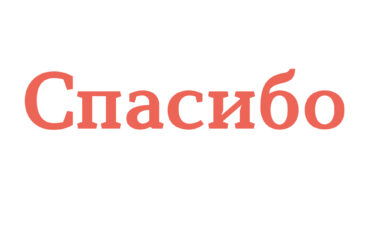

Letzte Kommentare